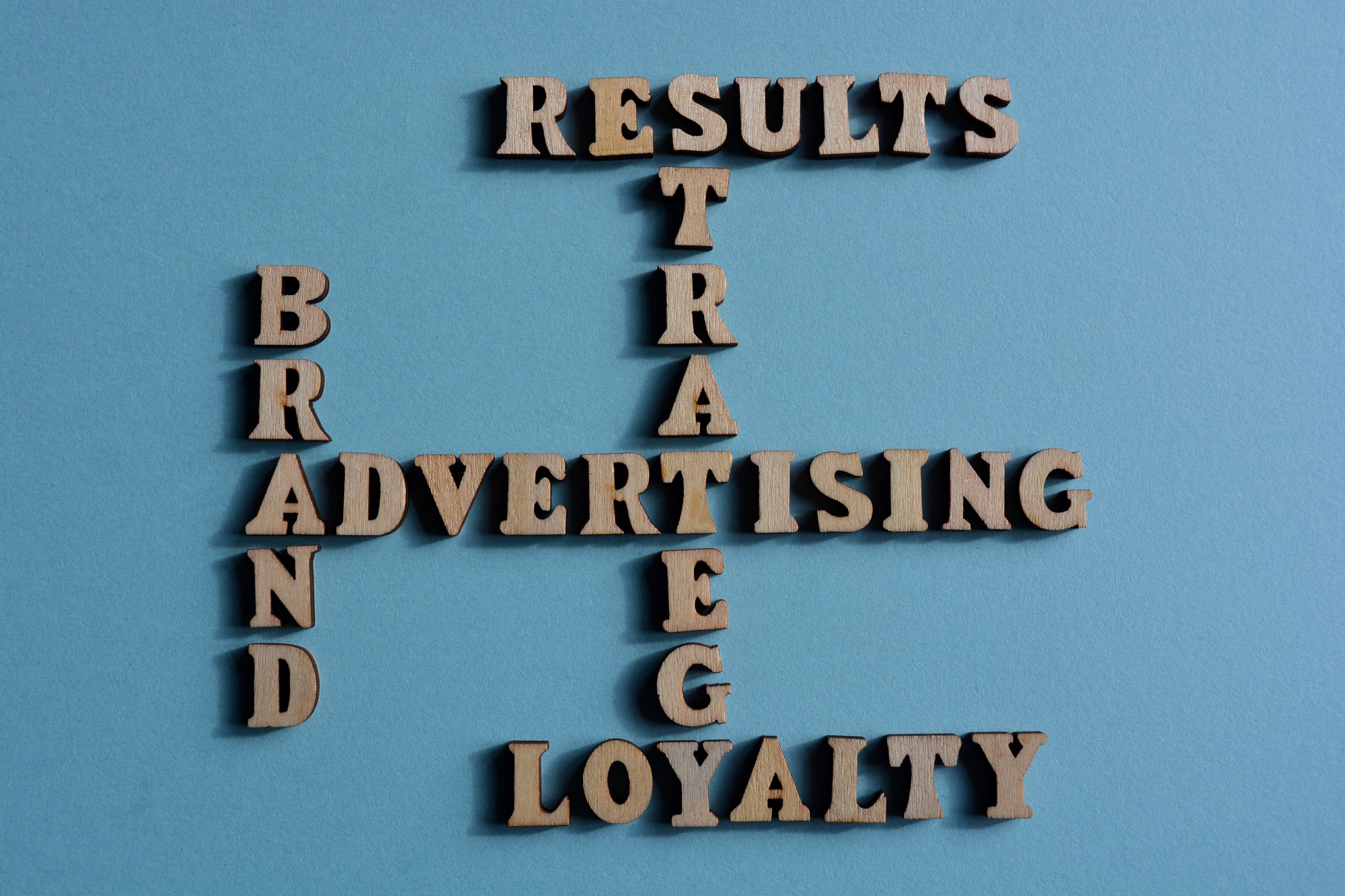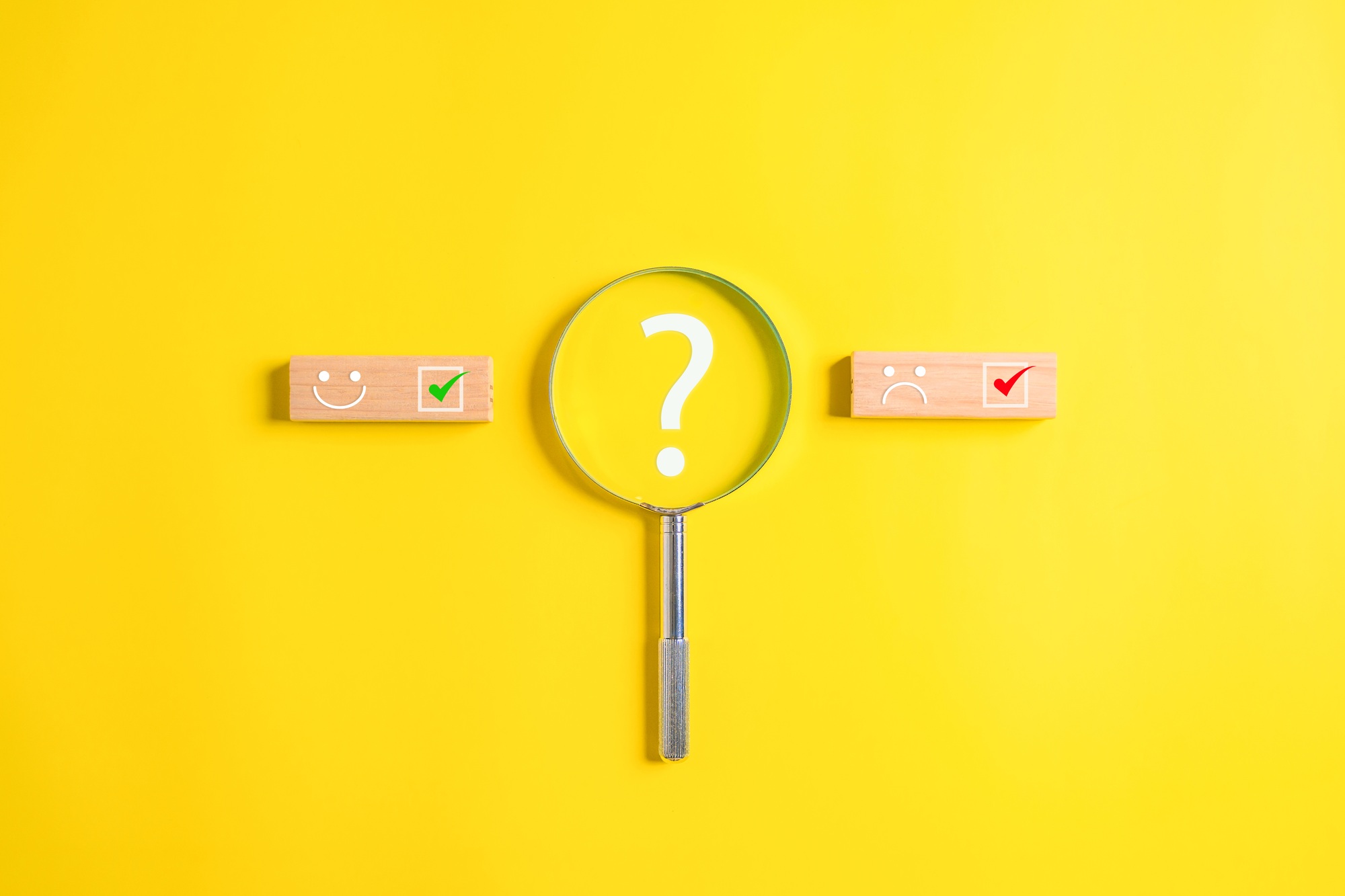Key Takeaways

- Understanding Customer Loyalty: Customer loyalty is built on emotional connections and satisfied experiences, leading to repeat purchases and brand advocacy.
- Importance of Retention: Retaining existing customers is more cost-effective than acquiring new ones. Loyal customers tend to spend more and refer others, boosting your business’s revenue.
- Effective Strategies: Implement exceptional customer service, personalized interactions, and loyalty programs to enhance customer satisfaction and deepen relationships.
- Measuring Loyalty: Track key metrics like Customer Retention Rate, Net Promoter Score (NPS), and Customer Lifetime Value (CLV) to gauge the effectiveness of your loyalty strategies.
- Avoid Common Mistakes: Actively listen to customer feedback and prioritize their experiences to prevent churn and maintain a positive brand reputation.
In today’s competitive market, building customer loyalty is more crucial than ever. You know that keeping your existing customers happy is often more cost-effective than acquiring new ones. When customers feel valued and appreciated, they’re more likely to return and even recommend your business to others.
But how do you create that strong bond? It starts with understanding what your customers truly want and need. By implementing effective strategies tailored to their preferences, you can foster a sense of loyalty that goes beyond mere transactions. Let’s explore some proven techniques that can help you not only retain customers but turn them into passionate advocates for your brand.
Understanding Customer Loyalty

Customer loyalty reflects customers’ commitment to continue purchasing from your small business. It involves emotional connections leading to repeat transactions and brand advocacy.
What Is Customer Loyalty?
Customer loyalty refers to a customer’s dedication to a brand, which often results in repeat purchases. It embodies the willingness to choose one brand over competitors due to positive experiences, trust, and satisfaction. Businesses can harness this loyalty through exceptional service and targeted marketing strategies aimed at retaining customers over time.
Importance of Customer Loyalty
Customer loyalty plays a crucial role in driving long-term success. Retaining existing customers costs significantly less than acquiring new ones. Loyal customers often spend more, share positive experiences, and refer others, creating a valuable marketing network. Investing in loyalty programs can enhance customer experiences and solidify relationships, ultimately increasing your small business’s revenue and growth potential.
Strategies to Increase Customer Loyalty

Implementing effective strategies enhances customer loyalty, leading to increased retention and lifetime value. Focus on exceptional service and tailored experiences to solidify customer relationships.
Exceptional Customer Service
Exceptional customer service forms the foundation of loyalty. Train your customer service agents in personalization techniques to improve interactions. Understanding the customer journey through data insights allows agents to provide relevant assistance. Equip your team with tools like agent copilots to surface customizable responses. These actions create an atmosphere where customers feel valued and respected, promoting repeat business and referrals.
Personalization and Customization
Personalized experiences significantly enhance customer loyalty. Utilize customer data to tailor communications, offers, and services. Engage customers with targeted follow-up emails or personalized newsletters that reflect their preferences and past interactions. By demonstrating a commitment to their individual needs, your small business can foster stronger emotional connections, keeping your brand top-of-mind.
Loyalty Programs and Rewards
Loyalty programs and rewards incentivize repeated interactions, encouraging customers to engage with your brand. Develop a structured program that offers tangible benefits for repeat purchases, such as discounts, exclusive offers, or points redeemable for products. Clear communication about these rewards strengthens customer loyalty. These programs not only increase retention but also enhance overall marketing efforts by encouraging customers to spread the word about their rewarding experiences.
Measuring Customer Loyalty

Measuring customer loyalty involves tracking specific metrics and utilizing effective tools. Understanding these aspects enables you to gauge the effectiveness of your loyalty strategies.
Key Metrics to Track
Tracking relevant metrics offers insights into customer behavior and loyalty. Focus on these key metrics:
- Customer Retention Rate: Measures the percentage of customers who continue to do business over a specific period. A high retention rate indicates strong loyalty.
- Net Promoter Score (NPS): Gauges customer satisfaction and likelihood to recommend your business. Higher scores correlate with higher loyalty levels.
- Customer Lifetime Value (CLV): Calculates the total revenue expected from a customer over their relationship with your business. Enhancing CLV suggests effective loyalty initiatives.
- Purchase Frequency: Measures how often customers return to make purchases. Increased frequency shows positive engagement and loyalty.
- Churn Rate: Indicates the rate at which customers stop doing business with you. A low churn rate reflects strong customer loyalty.
Tools for Measuring Loyalty
Various tools can assist in measuring customer loyalty effectively. Utilize these options:
- CRM Software: Platforms like HubSpot or Salesforce help track customer interactions and analyze data to assess loyalty patterns.
- Survey Tools: Services like SurveyMonkey or Google Forms allow you to gather customer feedback on their experiences and satisfaction levels.
- Analytics Platforms: Google Analytics or similar tools help analyze website and purchase behavior, providing insights into customer loyalty indicators.
- Social Listening Tools: Tools like Hootsuite or Brandwatch monitor social media mentions, giving you a sense of brand perception and loyalty.
By tracking key metrics and leveraging the right tools, you can gain a comprehensive view of customer loyalty, enhancing your marketing efforts in your small business.
Common Mistakes to Avoid

Avoiding common mistakes is essential for increasing customer loyalty. Key pitfalls include ignoring customer feedback and overlooking customer experiences.
Ignoring Customer Feedback
Ignoring customer feedback leads to significant challenges for your small business. Loss of customers often occurs when feedback is dismissed. Studies show that 89% of consumers switch to a competitor after a poor customer experience. Additionally, 96% of dissatisfied customers stop doing business without directly voicing their concerns. These statistics illustrate the importance of actively listening to your customers to prevent churn and enhance your marketing strategies.
Overlooking Customer Experiences
Overlooking customer experiences can severely impact your brand’s reputation. Customers who feel undervalued are likely to share their negative experiences, damaging your small business’s credibility. For every one person who complains, 25 others may silently churn and communicate their discontent to others. Prioritizing positive customer experiences fosters loyalty, encouraging customers to engage with your brand rather than turning to competitors. By focusing on how customers perceive their interactions with your business, you strengthen loyalty and promote long-term relationships.
Conclusion

Building customer loyalty is a journey that requires consistent effort and genuine engagement. By prioritizing exceptional service and personalizing experiences you create deeper connections that resonate with your customers. Remember that loyal customers not only return but also become your best advocates.
Investing in loyalty programs and actively seeking customer feedback can significantly enhance your relationships and drive growth. Avoid common pitfalls by listening to your customers and adapting to their needs.
As you implement these strategies you’ll find that fostering loyalty isn’t just beneficial—it’s essential for your long-term success. Embrace the opportunity to turn satisfied customers into lifelong supporters of your brand.
Frequently Asked Questions

What is customer loyalty?
Customer loyalty refers to a customer’s commitment to continue purchasing from a brand. It stems from emotional connections, positive experiences, trust, and satisfaction. Loyal customers are likely to spend more, share their experiences, and refer others, making loyalty vital for business success.
Why is customer loyalty important?
Customer loyalty is crucial because it tends to be more cost-effective to retain existing customers than to acquire new ones. Loyal customers not only contribute to higher revenue but also create valuable marketing networks through referrals and repeat purchases.
How can businesses build customer loyalty?
Businesses can build customer loyalty by providing exceptional customer service, personalizing experiences, and implementing loyalty programs. Training staff to connect with customers and utilizing data insights can enhance customer interactions and satisfaction, fostering long-term relationships.
What strategies enhance customer loyalty?
Effective strategies include offering personalized communications, recognizing customer preferences, implementing structured loyalty programs, and ensuring exceptional service. These methods help create emotional connections and incentivize customers to return and share their positive experiences.
What metrics help measure customer loyalty?
Key metrics for measuring customer loyalty are Customer Retention Rate, Net Promoter Score (NPS), Customer Lifetime Value (CLV), Purchase Frequency, and Churn Rate. These metrics provide valuable insights into customer behavior and loyalty effectiveness.
What tools can assist in gauging customer loyalty?
Tools such as Customer Relationship Management (CRM) software, survey platforms, analytics tools, and social listening applications can effectively gather insights about customer behavior. These tools help businesses understand loyalty levels and improve strategies accordingly.
What common mistakes should businesses avoid?
Businesses should avoid ignoring customer feedback, which can lead to negative experiences and lost customers. It’s crucial to actively listen to customer opinions and prioritize positive experiences to maintain loyalty and enhance the brand’s reputation.
Image Via Envato



